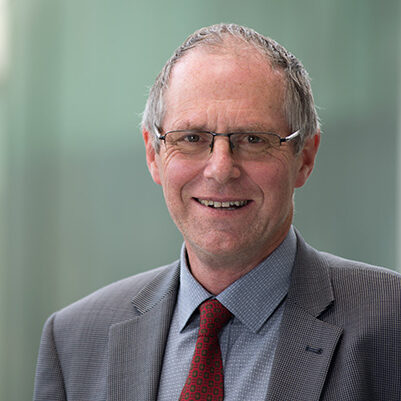
Dr Hugh Cowan
General Manager Resilience, EQC
The Role of Geospatial Data in Residential Recovery
The 2010-2011 Canterbury Earthquake Sequence and the Kaikoura Earthquake in 2016 necessitated EQC to enhance its geospatial capability to respond to operational recovery needs. The scale of the Canterbury earthquakes was beyond that the Earthquake Commission had ever dealt with. EQC moved from a paper-based system to collecting damage data digitally on iPads for over 182,000 properties. The organisation also had to respond by developing interactive maps to monitor and manage claims.
The wealth of new science and geotechnical data in Canterbury, much of which was funded by EQC, contributed to land zoning decisions for recovery and to the establishment of geospatial tools such as the Canterbury Geotechnical Database. EQC’s ongoing funding of GeoNet, New Zealand’s real-time earthquake hazard monitoring system, also provided a wealth of geospatial information in both of these events.
This session focuses on a case study to demonstrate how a core geospatial tool (the Kaikoura Earthquake Viewer) facilitated better deployment of resources, sharing of information, and overall understanding of the recovery environment than had ever been available in the past events. The future opportunities for new geospatial technology and tools to correlate data sets to better understand natural hazard risk are rapidly evolving - for both recovery and risk reduction. To maximise the use of geospatial information we need to facilitate integration across the natural hazard management system and establish effective collaborative governance frameworks for our national data sets. We also need to know the right questions to ask from our data. These are some of the key challenges EQC’s Resilience Strategy will be addressing over the next 10 years.
Biography:
The Resilience team facilitates the placement of EQC’s reinsurance programme with global reinsurers. The team also guides EQC’s investment in research and education about natural hazards, and its application to improved monitoring, assessment and risk reduction.
Dr Hugh Cowan guides EQC’s investment in research and education to improve natural hazard risk assessment and resilience, and supports the placement of EQC’s global reinsurance programme.
His contributions to the Canterbury Recovery Programme have included the facilitation of engineering advice to Government for guidance on repairs to housing, and to improve the performance of liquefaction-prone land.
Dr Cowan previously led the establishment of New Zealand’s geological hazard monitoring system “GeoNet” at GNS Science.
Hugh is a Fellow of the NZ Society for Earthquake Engineering and has led fact-finding missions to earthquake and tsunami disaster zones in Asia and South America. Hugh holds an MSc (First Class Hons) in Engineering Geology and a PhD from the University of Canterbury.












